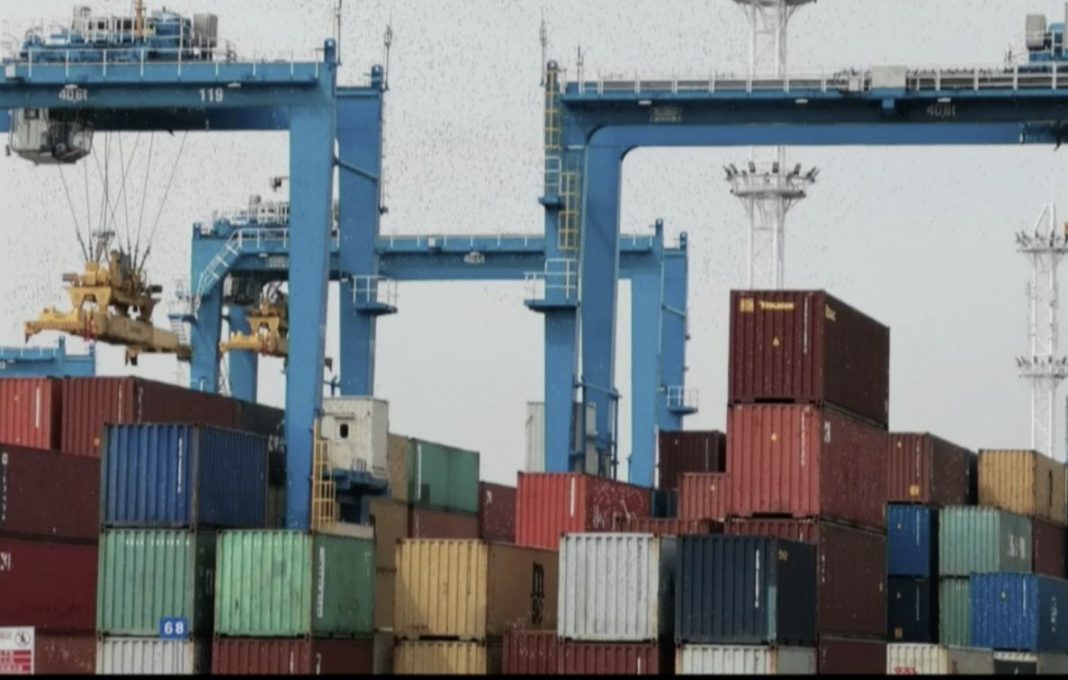Exporters are urging the Bureau of Customs (BOC) to look at ways to further streamline and simplify the application procedures for the ASEAN-Wide Self-Certification (AWSC) scheme to encourage more stakeholders to participate in the trade facilitation program.
The request was made following a BOC presentation of the AWSC initiative during a recent Philippine Exporters Confederation, Inc. (PHILEXPORT) webinar.
The trade group’s chairman, George T. Barcelon, commented that the process of registering to the AWSC appeared “complicated,” with units “operating in silos.” He added that since all exporters and importers are already registered with the BOC, there is no need to “recreate the whole thing over and over again.”
Senen Perlada, PHILEXPORT COO and executive vice president, agreed that understanding the self-certification process made him dizzy.
In response, Vanessa Hosana, of the BOC’s Export Coordination Division, said that to register to the AWSC program, the applicant just needs to submit to the division the requirements, such as the product evaluation report and, for traders, the manufacturer’s declaration, as well as the application form, to become a certified exporter.
“And within 15 days, we can issue the corresponding authorization number to the exporter,” she said.
Hosana also clarified that the exporter does not have to apply again with the BOC’s Accounts Management Office (AMO), the office that handles the accreditation of importers and customs brokers.
“For as long as they are a registered exporter, they can apply in the Export Coordination Division to become a certified exporter under the AWSC,” she assured.
After the one-time accreditation with the Export Coordination Division, the certified exporters are given the authorization number, and “they can issue their origin declaration anytime, anywhere at their own convenience,” she said.
This is in contrast with securing the certificate of origin (CO), wherein exporters still need to go through the origin certification process and submit the documents for signing by the Export Coordination Division, said Hosana.
The AWSC is a trade facilitation initiative that allows all certified exporters in all ASEAN member states to self-certify the origin of their exports to avail of preferential tariffs under ASEAN Trade in Goods Agreement or ATIGA.
Instead of applying for a CO to an issuing authority, the certified exporter is able to make out an origin declaration on a commercial invoice or other commercial documents such as billing statement, delivery order, or packing list.
Hosana also clarified that TradeNet and AWSC are different systems. TradeNet is the country’s national single window, an automated and integrated licensing, permit, clearance, and certification system for regulatory agencies. AWSC, on the other hand, has a secure website that is maintained by the ASEAN Secretariat.
But Perlada pointed out that the idea behind digitalization is to have one point of convergence and one identification number for every stakeholder to use in multiple trade transactions.
If there will still be different platforms, identification numbers and other documentary requirements needed for every business transaction, then it leads not to trade facilitation but to further complications for the exporter, he said.
Meanwhile, Ma. Flordeliza Leong, PHILEXPORT VP for advocacy, communications and special concerns, suggested that BOC look into the reason for the low number of applicants to the self-certification program, especially since the AWSC is supposed to provide benefits to exporters.
Nicolas Kyamko, Attorney II at the BOC Port of Manila, acknowledged the lukewarm response, adding that they have also seen minimal uptake for the Authorized Economic Operator program despite strong promotion efforts.
Leong said this only shows there are recurring issues with the accreditation process, indicating a need for further improvement.
Hosana, meanwhile, said exporters wishing to become a certified exporter can download the “ASEAN-wide Self-Certification (AWSC) Guidebook” from the ASEAN website to understand more about the program mechanics.
According to the guidebook, self-certification carries a number of benefits, especially for micro, small and medium enterprise (MSME) exporters. Through the AWSC, MSMEs can claim the benefits under ATIGA, which mandates that member countries remove import duties on 99.6% of tariff lines in the inclusion list.
The AWSC, which was implemented just last year, on September 20, facilitates trade and streamlines export procedures, allowing the certified exporter to ship out goods even on weekends by issuing its own origin declaration instead of having to obtain a CO form from the BOC.
It also lightens the administrative burden and cost of the exporter, improves ease of doing business, and provides operational certainty to businesses.
Through self-certification, the certified exporter is released from the administrative burden of having to obtain the CO from the BOC for every shipment, leading to time and cost savings.














